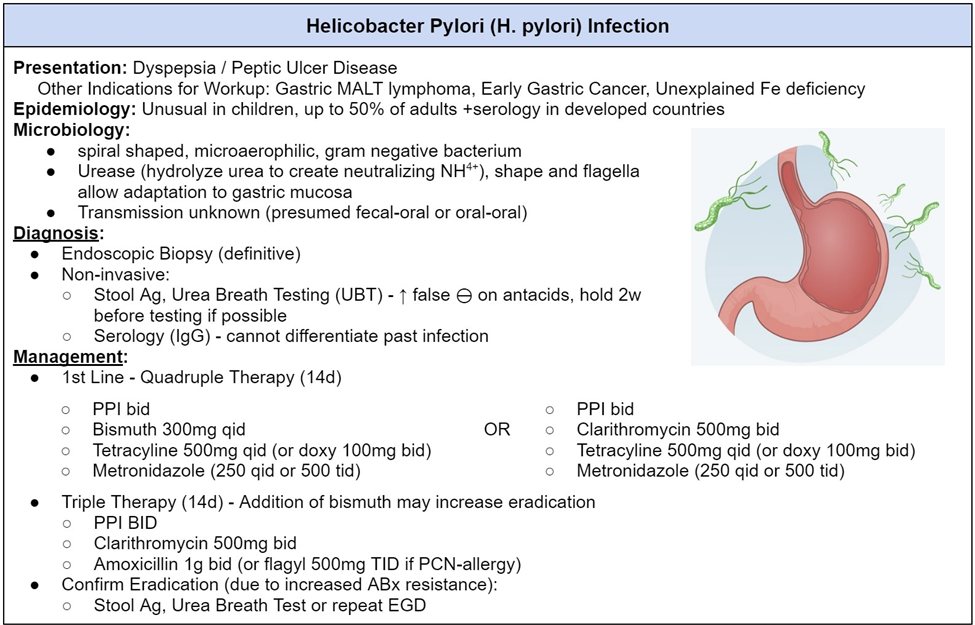A nurse understands that a central nervous system (CNS) stimulant would be indicated for a patient with which of the following health alterations?
Depression
Opiate overdose
Poor appetite
Narcolepsy
The Correct Answer is D
A. Depression:
CNS stimulants are generally not indicated for depression. In fact, they can exacerbate symptoms and are not considered a first-line treatment for depressive disorders.
B. Opiate overdose:
CNS stimulants are not indicated for treating opiate overdose. In cases of overdose, other medications like naloxone are commonly used to reverse the effects of opioids.
C. Poor appetite:
CNS stimulants may be used to increase alertness and decrease fatigue, but they are not typically prescribed to address poor appetite. Appetite stimulation is often managed through other approaches.
D. Narcolepsy:
This is the correct answer. CNS stimulants, such as modafinil or methylphenidate, are commonly prescribed to manage symptoms of narcolepsy. These medications help improve wakefulness and reduce excessive daytime sleepiness.
Nursing Test Bank
Naxlex Comprehensive Predictor Exams
Related Questions
Correct Answer is C
Explanation
A. Blood cultures will need to be drawn.
Blood cultures are not typically used for diagnosing H. pylori infection. Instead, specific blood tests, such as serology or antibody tests, may be employed to detect antibodies against H. pylori.
B. A biopsy of the stomach will be done.
While a biopsy may be taken during an upper endoscopy to examine the stomach lining for ulcers and H. pylori infection, it is not the primary method for detecting the presence of H. pylori. The biopsy may be used for confirming the infection and assessing the severity of damage.
C. A breath test will be performed.
This is the correct choice. The breath test is a common and non-invasive method used to detect the presence of H. pylori. The patient drinks a solution containing a substance that H. pylori can break down, and the detection of carbon dioxide in the patient's breath indicates the presence of the bacteria.
D. Computerized scanning will identify if H. pylori is present.
Computerized scanning, such as computed tomography (CT) scans, is not a primary method for detecting H. pylori. Imaging studies are not typically used for H. pylori diagnosis, and the methods mentioned earlier, like breath tests and endoscopy, are more commonly employed.

Correct Answer is ["4"]
Explanation
To give the patient the prescribed dose of ziprasidone hydrochloride (Geodon), you need to calculate the number of tablets required.
One tablet contains 20 mg of the drug, so you need to divide the ordered dose by the tablet strength.
80 mg / 20 mg = 4 tablets.
Therefore, you would administer four tablets of ziprasidone hydrochloride (Geodon) to the patient.
Whether you are a student looking to ace your exams or a practicing nurse seeking to enhance your expertise , our nursing education contents will empower you with the confidence and competence to make a difference in the lives of patients and become a respected leader in the healthcare field.
Visit Naxlex, invest in your future and unlock endless possibilities with our unparalleled nursing education contents today
Report Wrong Answer on the Current Question
Do you disagree with the answer? If yes, what is your expected answer? Explain.
Kindly be descriptive with the issue you are facing.
